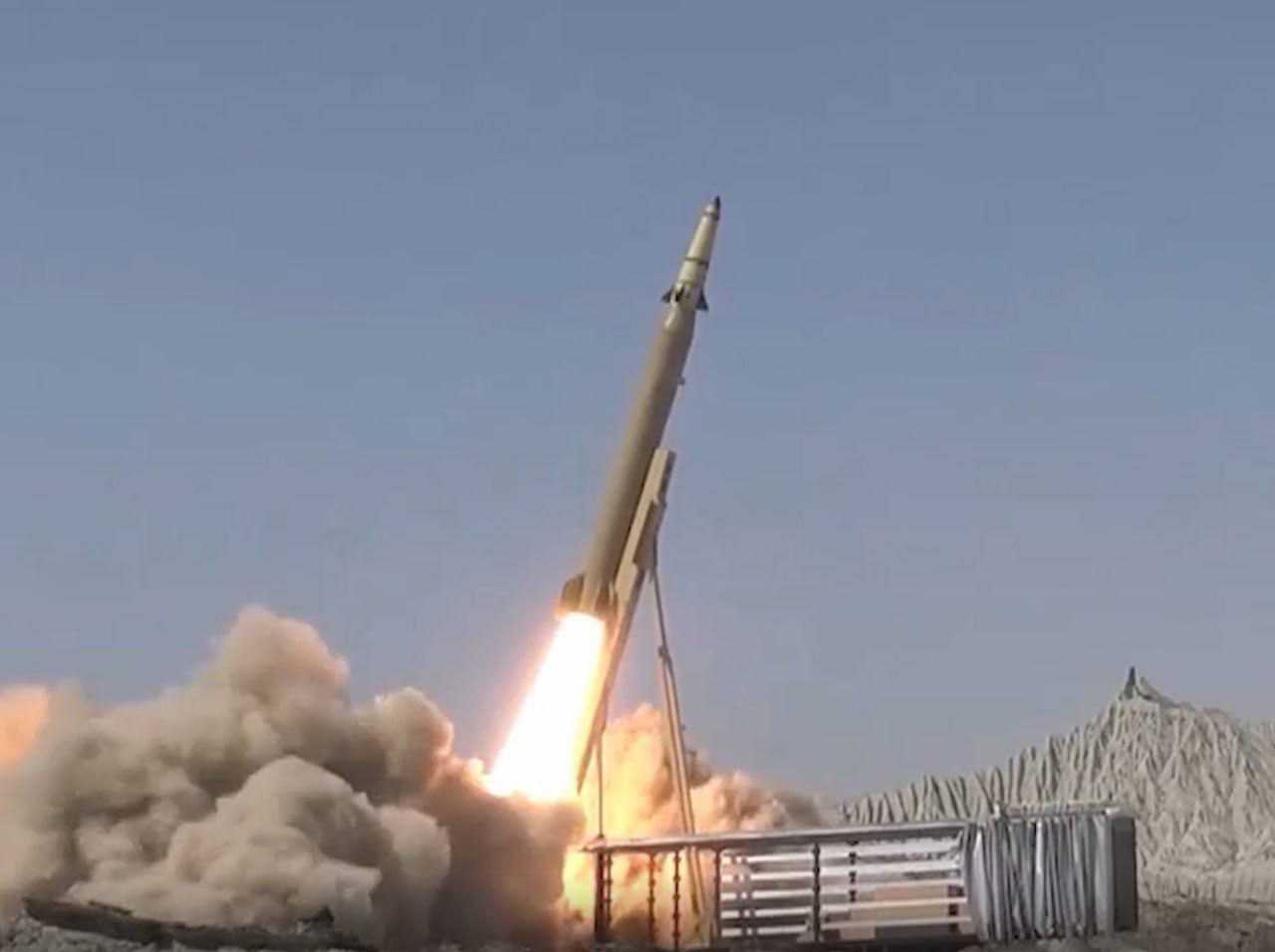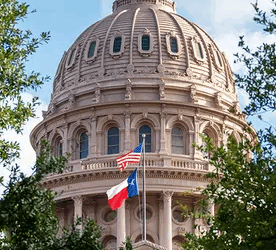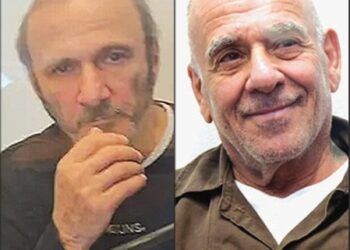January 25, 2025
 Two Iranian films have been nominated for Oscars this year, but neither one is the film that Iran submitted for best International Feature Film.
Two Iranian films have been nominated for Oscars this year, but neither one is the film that Iran submitted for best International Feature Film.
One nominee is the German submission in that category, “The Seed of the Sacred Fig,” directed by Iranian director Mohammad Rasoulof, who now lives in exile in Germany after fleeing Iran when he feared arrest. Germany could submit the film, even though it was filmed in Iran and is in Farsi, because a German film company helped to finance and produce it.
The other nominee is a 20-minute animated film produced in Tehran on the cheap at the Barfak Animation Studio by Shirin Sohani and Hossein Molayemi and titled “In the Shadow of the Cypress” (Dar Saay-e Sarv).
The 97th Academy Awards ceremony will take place March 2 in Hollywood.
There are five nominees in each of the categories in which Iranian films have been nominated. In the international film category, the German nominee is up against films from Latvia, France, Denmark and Brazil. A major challenge for four of the nominees is that the fifth nominee, “Emilia Perez,” is also nominated for Best Feature Film. “Emilia Perez” has, in fact, been nominated for a record-shattering 13 Oscars this year. It was submitted for Best International Feature Film by France for its French writer and director, Jacques Audiard. Its six principal actors and actresses are Spanish, Dominican-American, American, Mexican, Israeli and Venezuelan. It was filmed in France but is largely set in Mexico. Its languages are Spanish and English.
The animated nominee, “In the Shadow of the Cypress,” has no dialogue. It was produced by Sohani and Molayemi with help from only a handful of others because they had so little capital. The film took 6-1/2 years to come to fruition, even though it runs for only 20 minutes.
It tells the story of a former ship’s captain suffering from depression, a widower who lives with his daughter in a house located on the coast of the Persian Gulf, where they live an isolated and harsh life. Despite the captain’s deep desire to be a devoted father, he finds himself unable to connect with his daughter in the way that he longs to.
The trauma of losing his wife sends the captain into traumatic places where he harms himself, broken glass littering every surface of their home. When a whale becomes beached just outside their home, the daughter rushes to save it.
“At first, we knew that we wanted to make a film about the importance of family,” Sohani explained. “That was our goal. We wanted to explore some challenges that Hossein has with his father in their relationship and also the story of my father during the war. He was a veteran and he lost one of his eyes in the Iran-Iraq war while he was training to be a pilot, and, at that time, it was vital for him to keep his eyes healthy. He was suffering from the side effects of the medicine that he was using, and it was similar to someone who is suffering from PTSD. That behavior is one of the inspirations of our film.”
The physical design of the characters is striking. The captain’s legs and arms are about as thin as the cigarettes he smokes while the whale is square, block-like, and feels heavy. The directors reveal some of their challenges that influenced these choices in design.
“One of our biggest challenges, in all honesty, was making money to make it,” Molayemi says. “We are living in a country under heavy sanctions, and we have to manage our resources very carefully. We decided to stylize our visuals and the designs of the characters in a geometric way so we could simplify it. Despite it being a less expensive way to animate it, it was still appealing to the audience.”
The pair acknowledge that one of their goals with this short film is to attract financiers to provide the capital for a more ambitious future full-length film.
The live-action nominee for Best International Feature Film tells the story of Iman, a devout and honest lawyer, who lives with his wife, Najmeh, and their two daughters, Rezvan and Sana. Iman has recently been appointed as an investigating judge in the Revolutionary Court in Tehran. The position provides him with a higher salary and a larger apartment for his family.
As political protests against the government unfold across Iran, Iman discovers that he was not hired because of his legal expertise. He is expected to approve judgments presented to him by his superiors without assessing the evidence, including death sentences. He is ordered to withhold information about his work from friends and family who could be targeted as a means of pressuring him. The government issues Iman a Beretta 92 handgun for his family’s protection, but he is woefully unprepared to handle the gun and fails to store it securely in his house.
As the protests intensify, Iman’s life is pervaded by mistrust and paranoia. Meanwhile, his daughters follow the protests in horror on social media. They eventually rebel against their father at dinner, causing Iman to berate them for their feminist sensibilities, which he dismisses as enemy propaganda. His wife, Najmeh, who is just as devout as Iman, advises her daughters to stay away from their revolutionary friends, putting a strain on the family.
When Sadaf, a good friend of one of the daughters, is shot in the face on the street during a demonstration against compulsory hejab, Najmeh and her daughters provide first aid in their apartment. They decide to keep the incident secret from Iman. A short time later, Sadaf is arrested.
At the same time, Iman’s handgun mysteriously disappears, and he becomes suspicious, believing that someone in his family has taken it and is lying to him. He forces both daughters and his wife to meet with a colleague, Alireza, for interrogation.
Iman justifies this treatment by saying he no longer feels safe in his own home since he can no longer trust his family. Iman’s name, photo and address are eventually posted on social media. For their own protection, Iman decides to drive with his family to a childhood home in the mountains. Before he leaves, a colleague gives him a firearm for protection. During the car ride, the family encounters a couple who recognize Iman. A chase ensues, as Iman runs them off the road and threatens them.
Upon reaching his childhood home, Iman puts the entire family on trial. He interrogates and tries to force them to confess on a camcorder. The story then swirls in intensity, and we will not reveal the ensuing drama.
The film ends with footage captured on mobile phones showing women protesting on the streets of Tehran.
























